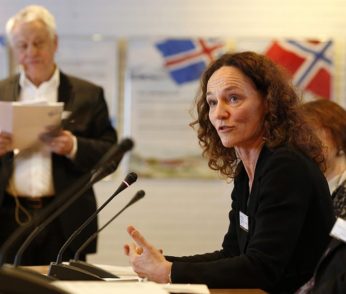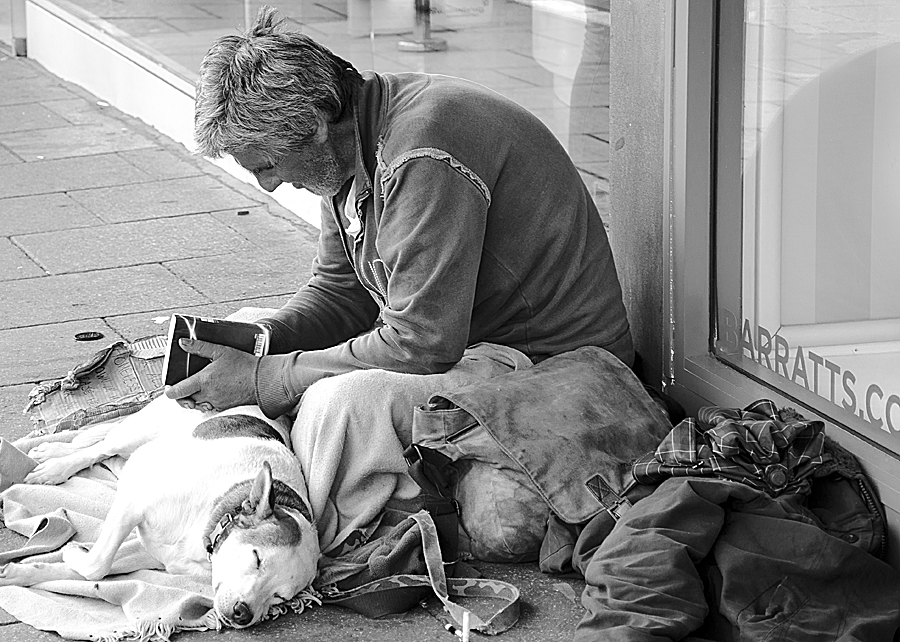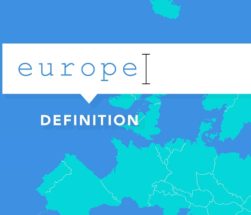That the Nordic welfare regime does not succeed in reducing health inequalities would have serious implications for policies worldwide. If Norway cannot reduce health inequalities, who can?
Perspectives
by Erik R. Sund and Terje A. Eikemo
by Arturo Desimone
"With all due respect for the talents of Mr. Kusuma, we have found no indication that his presence in the Netherlands is of any cultural importance."
by Jennifer J. Carroll and Courtney McNamara
The essays presented in this special feature address the growing public and political concern over increasing levels of social stratification and reveal the political relevance of health inequalities across Europe. Specifically, we asked health inequality experts to reflect on some of the biggest challenges surrounding health inequalities in different European countries.
by Ted Schrecker
The negative health impacts exist on such a scale and have spread so quickly across time and space that if they involved pathogens they would be seen as of epidemic proportions.
by Nadine Reibling
Unlike other rich countries in Europe, such as the United Kingdom, Denmark, or the Netherlands, Germany has no comprehensive political strategy or program that specifically aims to reduce such inequalities. Political attempts to address health inequalities are limited to small health promotion initiatives targeted at socially disadvantaged groups.
by Tayfun Kasapoglu
The power struggle between secularists and “Islamists” has marked the history of Turkish politics. In this struggle, the Turkish military has acted as the guardian of the state, staging coups and banning certain political parties and figures in order to protect the secular system of the country (Jung 2008).
by Jonathan Stillo
This post is less about poverty at the individual, community, or even health-system level, and more about the things we miss when we fail to investigate contributing factors beyond those most visible.
by Mette Fallesen
It is almost impossible to speak of Turkish politics without to some degree addressing the conspiracy theories regarding the inner workings of the state. By calling them conspiracy theories, I intend to draw attention to how they are formed and in what way they reflect on how the state is imagined.
Welcome to the EuropeNow Podcast. In this inaugural episode we try to answer the seemingly simple question: What is Europe? We'll take a look at the geographic, historical, and political definitions of Europe and see if any of them are satisfactory. We'll also take a look at the potential for the dream of a unified Europe and the threats to that dream.
Here are this month's editor's picks from Research Editorial Committee members Malcolm Campbell-Verduyn (Political Science), Louie Dean Valencia-García (History), and Hélène Ducros (Geography).











